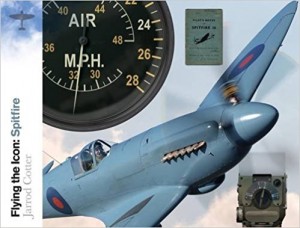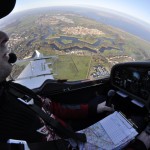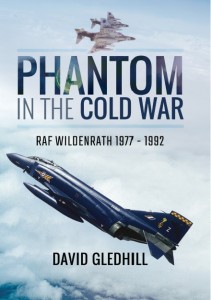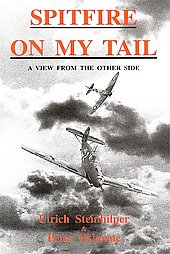278th Review RAF Bomber Command Striking Back: Operations of a Halifax Crew- Alan Measures
The experiences of the Halifax crew members of the 102 Squadron
This book tells the story of RAF Bomber Command through the experiences of the crewmembers of the 102 Squadron. It teaches us the strategic planning and the night by night tactical execution, but it also gives us an insight into their personalities and how they delt with the loss of human lives.
A beautiful book
A book like this can only originate out of a strongly felt relation to one of the participants of the events it aims to describe, in this case the best friend of the writer’s father. The story of the 102 Squadron takes you quite litterally on a day to day tour through its war history, starting with twin engined Whitley bombers and Lysanders. Early 1942 they transferred to much bigger four engined Halifaxes. It provides in depth information about the technicalities and performance of these warplanes, but the execution of flying operations is always told as seen through the eyes of its crewmembers. The crews initially only consisted of British Islands inhabitants but, when losses mounted, were reinforced with Commonwealth members from all over the globe. Not often told, and certainly not as extensive, in this category of warstories is how “the other side” confronted their adversaries. Not only the German air defence developments are described but, quite exeptional, also the crews of opposing night fighters are identified, often with their war record included.
From Halifax to Lancaster
For a Dutchman writing this review the Nachtjagtgeschwader operating from Gilze Rijen and Leeuwarden which operated with devastating accuracy against British and later also US bombers are a saddening occurrence. Already mentioned is the excellent technical description of the bombers. The Whitley was of a prewar design, but the Halifax had to be pressed into war service in 1941. She was ordered straight from the drawing table, with virtually no test flight programme. The flaws in her design had to be discovered by operational crews, often to their detriment. Her Merlin XX engines, no doubt in that period world class, were also mounted on the Lancaster, but positioned different in relation to its wings. The outcome was a faster and higher flying Lancaster, overall a much safer and durable plane for her crews.
Entertaining and easy to read
This book is entertaining and easy to read for both technically and people oriented readers. It provides a score of routing maps about the bomber operations over Germany and France. Photographic material contains the warplanes from both sides and quite a lot of pictures of target area’s and German warships in the docks on the French West Coast.











Leave a Reply